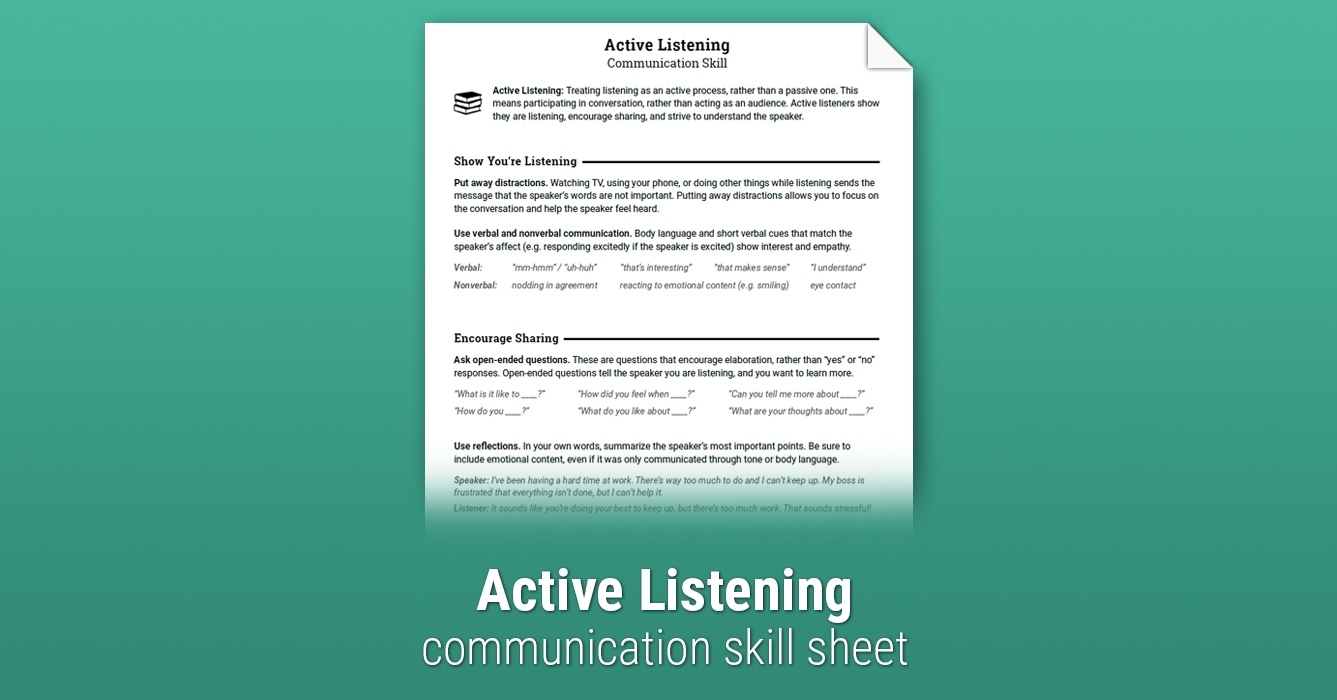Therapy aid worksheets are valuable tools used by therapists to help individuals work through their emotions, thoughts, and behaviors. These worksheets provide a structured way for clients to explore their feelings, identify patterns, and develop coping strategies. They are often used in conjunction with therapy sessions to reinforce learning and encourage self-reflection.
Therapy aid worksheets come in a variety of formats, including CBT (Cognitive Behavioral Therapy) worksheets, mindfulness exercises, journal prompts, and goal-setting activities. These worksheets can be tailored to specific needs and goals, making them versatile tools for therapists to use with clients of all ages and backgrounds.
 Therapy Aid Worksheets Communication Skills DBT Worksheets (dbt-worksheets.com)
Therapy Aid Worksheets Communication Skills DBT Worksheets (dbt-worksheets.com)
One common type of therapy aid worksheet is the thought record, which helps individuals track their negative thoughts and challenge them with more balanced perspectives. This exercise can be particularly helpful for those struggling with anxiety or depression, as it encourages cognitive restructuring and promotes more positive thinking patterns.
Another popular worksheet is the emotion regulation worksheet, which helps individuals identify and manage their emotions in a healthy way. By learning to recognize triggers and develop coping strategies, clients can improve their emotional intelligence and build resilience in the face of challenges.
Goal-setting worksheets are also commonly used in therapy to help clients set achievable goals and track their progress over time. By breaking down larger goals into smaller, manageable steps, individuals can stay motivated and focused on their personal growth and development.
In conclusion, therapy aid worksheets are valuable resources that can enhance the therapeutic process and empower individuals to make positive changes in their lives. Whether used in individual or group therapy settings, these worksheets offer a structured and effective way for clients to explore their thoughts, emotions, and behaviors. By incorporating these tools into therapy sessions, therapists can help their clients develop self-awareness, build coping skills, and work towards their personal goals.
